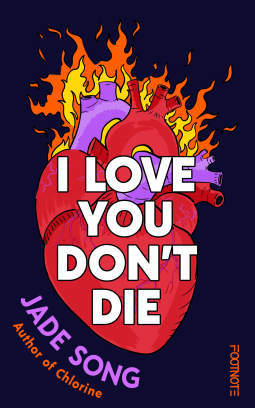
I Love You Don’t Die is a literary fiction novel about a self-destructive young woman who surrounds herself with death to deal with her fears about those she loves. Vicky is a third gen Chinese American woman who works at a death start up, mostly hangs out with her best friend Jen, and looks on dating apps for people she can easily disappear from. Then, she mets a couple on an app who might be good for her, but their own things going on, Vicky finds herself returning to her destructive self.
This is character-driven literary fiction that explores, death, depression, and suicide, so it is very important that readers are aware of that before going in. It is the sort of book that you need to check you are in the right mindset for, especially some of the bits near the end. For a lot of the novel, not very much happens, as instead it focuses on mostly Vicky’s perspective and her destructive pessimism, but then occasionally there will be a chapter centred around another of the major characters to offer another perspective and show how Vicky’s thinking is not the whole picture. You as the reader can feel trapped in Vicky’s bad decisions, but also feel sympathy for some of the ways that she copes with things. In particular, her friendship with Jen forms a real heart of the novel, offering hope in a book that has some bleak moments, and showing how human relationships can be more complex than some people might assume.
If you’re looking for a novel that explores contemporary ideas of loneliness, love, and, death through queer characters scrambling for connection and to not destroy anything good that happens, I Love You Don’t Die might be one for you. I wasn’t quite expecting it to go as dark as it does by the end as a lot of the book has very little happening in it other than a few arguments, but it’s not that unusual for literary fiction to have that kind of rhythm.

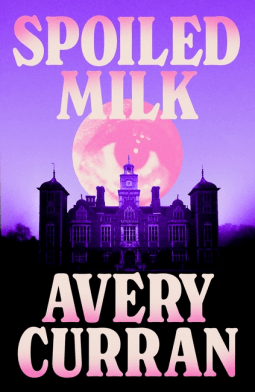
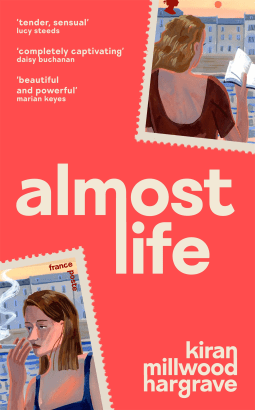
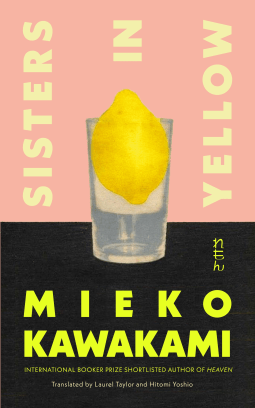
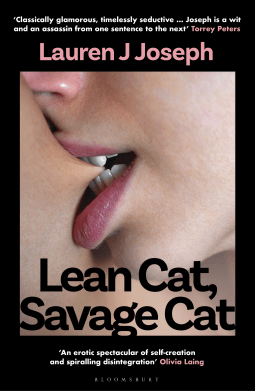
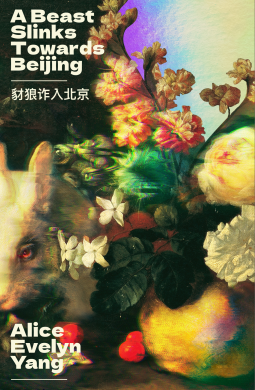
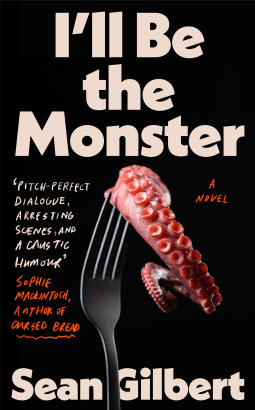
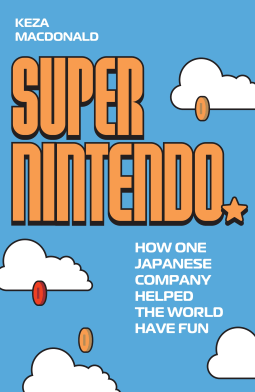
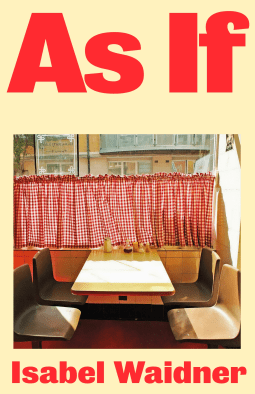
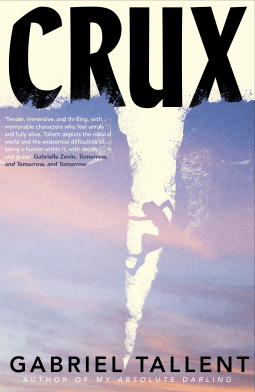
You must be logged in to post a comment.